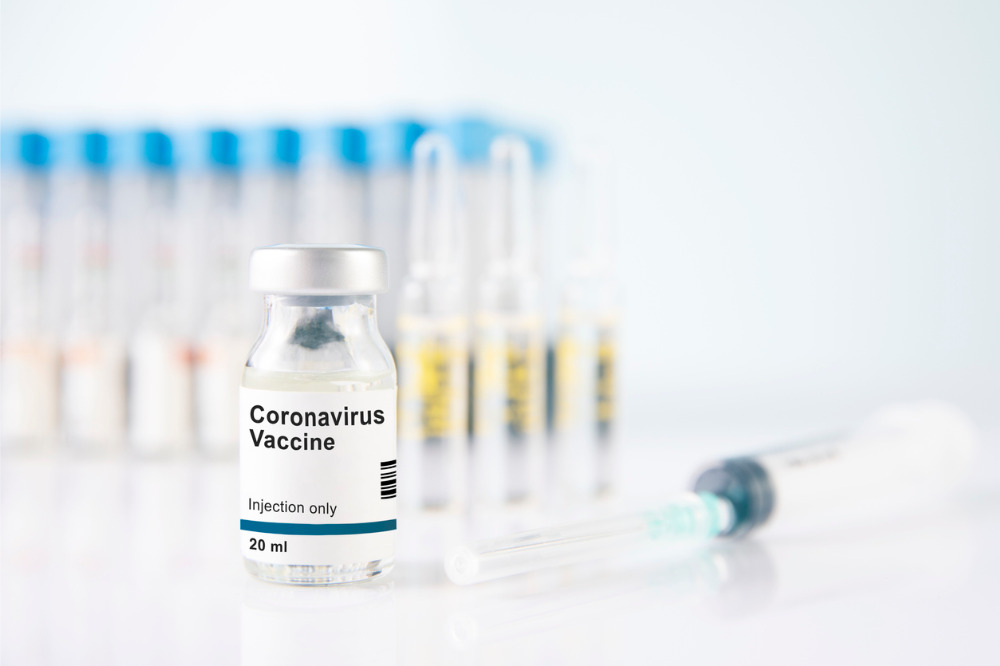Health economist argues pharma companies would be ‘ill advised’ to raise an overly high financial barrier

Given the scale of economic devastation that’s occurred around the world thanks to COVID-19, the hundreds of pharmaceutical companies searching for a vaccine might be forgiven for thinking that whoever finds it first should be able to name their price. But according to one health economist, there are far more important factors to consider than normal supply and demand.
“When you have an infection that is endemic in the population, what you need is for the vaccine to achieve herd immunity, and that means you need to get between 60 and 80 per cent of the current population vaccinated,” said Christopher McCabe of the University of Alberta in an interview with Folio.
As explained by McCabe, who’s also the head of Alberta’s Institute of Health Economics, setting the price too high risks the possibility that not enough people in the population get vaccinated, which defeats the purpose of aiming for herd immunity.
Citing work by Tufts University, McCabe said the standard estimated cost of research and development for a new drug is US$1.3 billion, which takes into account sunk costs incurred from the vast majority of prospects that don’t make it past the hurdles of clinical trials and regulatory approval.
In the case of a COVID-19 vaccine, he said companies would be better off aiming to be “loss leaders” in order to revive the economy, which would be align with their broader interest of ensuring their other drugs sell as well.
“Drug companies would be ill advised, from basic self-interest, to price at a level that gets in the way of herd immunity,” McCabe said. “I would be encouraging government price negotiators to point that out to them.”
If pharmaceutical firms nevertheless refuse to put forward a reasonable offer, he said, the federal government has the option to invoke emergency national patent legislation. Under amendments that were introduced at the start of the COVID-19 crisis, the government may choose to disregard patent barriers in the case of treatments that are absolutely essential to protect the public good.
“If a patentee refuses to agree to a reasonable price for the use of a drug or technology [that] is clearly important to our national security, then the government can issue a compulsory licence and enter into an agreement with another organization to manufacture and supply it,” McCabe said, calling it “an important stick the government has in the corner” as price negotiations proceed.



